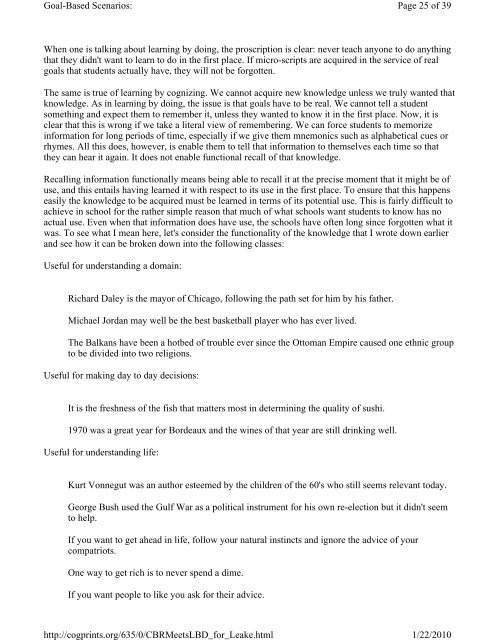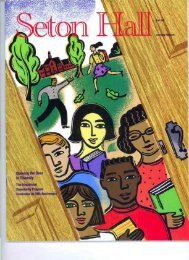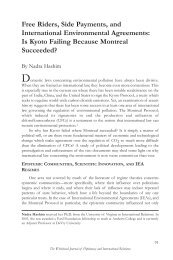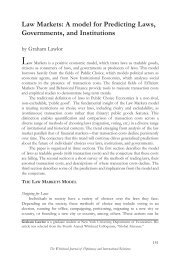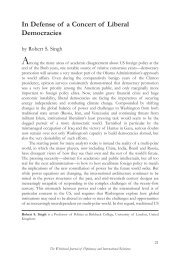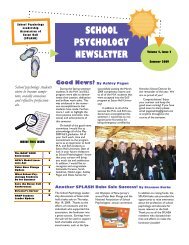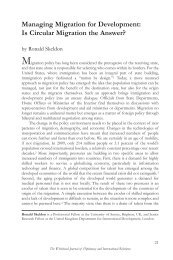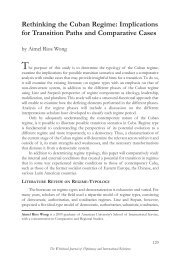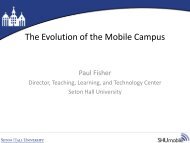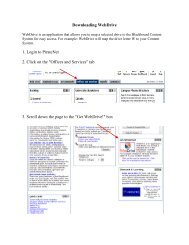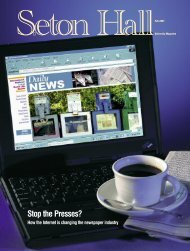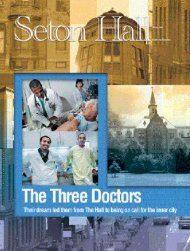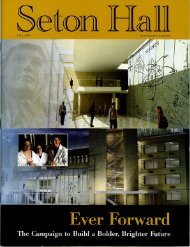Case-Based Reasoning Meets Learning by Doing
Case-Based Reasoning Meets Learning by Doing
Case-Based Reasoning Meets Learning by Doing
You also want an ePaper? Increase the reach of your titles
YUMPU automatically turns print PDFs into web optimized ePapers that Google loves.
Goal-<strong>Based</strong> Scenarios:<br />
When one is talking about learning <strong>by</strong> doing, the proscription is clear: never teach anyone to do anything<br />
that they didn't want to learn to do in the first place. If micro-scripts are acquired in the service of real<br />
goals that students actually have, they will not be forgotten.<br />
The same is true of learning <strong>by</strong> cognizing. We cannot acquire new knowledge unless we truly wanted that<br />
knowledge. As in learning <strong>by</strong> doing, the issue is that goals have to be real. We cannot tell a student<br />
something and expect them to remember it, unless they wanted to know it in the first place. Now, it is<br />
clear that this is wrong if we take a literal view of remembering. We can force students to memorize<br />
information for long periods of time, especially if we give them mnemonics such as alphabetical cues or<br />
rhymes. All this does, however, is enable them to tell that information to themselves each time so that<br />
they can hear it again. It does not enable functional recall of that knowledge.<br />
Recalling information functionally means being able to recall it at the precise moment that it might be of<br />
use, and this entails having learned it with respect to its use in the first place. To ensure that this happens<br />
easily the knowledge to be acquired must be learned in terms of its potential use. This is fairly difficult to<br />
achieve in school for the rather simple reason that much of what schools want students to know has no<br />
actual use. Even when that information does have use, the schools have often long since forgotten what it<br />
was. To see what I mean here, let's consider the functionality of the knowledge that I wrote down earlier<br />
and see how it can be broken down into the following classes:<br />
Useful for understanding a domain:<br />
Richard Daley is the mayor of Chicago, following the path set for him <strong>by</strong> his father.<br />
Michael Jordan may well be the best basketball player who has ever lived.<br />
The Balkans have been a hotbed of trouble ever since the Ottoman Empire caused one ethnic group<br />
to be divided into two religions.<br />
Useful for making day to day decisions:<br />
It is the freshness of the fish that matters most in determining the quality of sushi.<br />
1970 was a great year for Bordeaux and the wines of that year are still drinking well.<br />
Useful for understanding life:<br />
Kurt Vonnegut was an author esteemed <strong>by</strong> the children of the 60's who still seems relevant today.<br />
George Bush used the Gulf War as a political instrument for his own re-election but it didn't seem<br />
to help.<br />
If you want to get ahead in life, follow your natural instincts and ignore the advice of your<br />
compatriots.<br />
One way to get rich is to never spend a dime.<br />
If you want people to like you ask for their advice.<br />
http://cogprints.org/635/0/CBR<strong>Meets</strong>LBD_for_Leake.html<br />
Page 25 of 39<br />
1/22/2010


